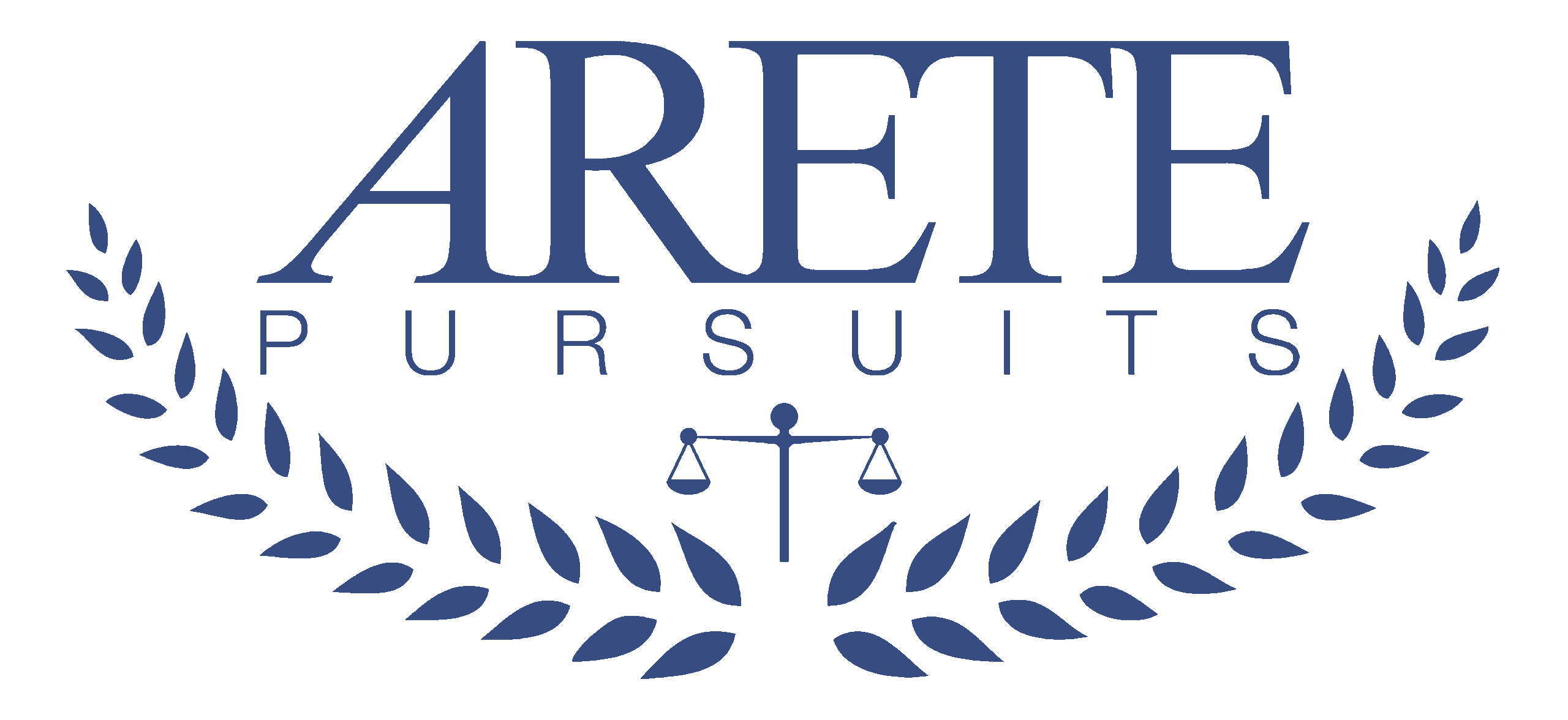Our lives are filled with transitions, both planned and unplanned. I have worked with clients who are positioning themselves for success as they start a new role, and I have also helped many clients and friends deal with the transition of an unexpected job loss. With the increase in layoffs in the technology sector, the latter conversations are on the rise. Today I’ll share some of the emerging patterns from those conversations.
Assessing Urgency
When I was promoted to the Executive Team at Datatel running Software Development, one piece of advice from a colleague stuck with me. He said, “We are all replaceable. You need to accept that and not let it bother you. Just keep adding more value each day.” It was great advice, and I’ve passed it on to many a friend and client who was anxious about losing their job due to circumstances beyond their control. Nevertheless, losing your job, even if entirely out of your control, stings and can be incredibly stressful.
It is easy to get spun up in this situation. I have seen individuals panic and pursue job opportunities that aren’t a good fit and that they know they won’t enjoy because they are worried about not having a job. First, I suggest taking a deep breath, stepping back, and looking at the big picture. How urgent is the situation? Sometimes, the financial picture is such that the person doesn’t feel they can comfortably go more than a month or two without finding something. More often than not, upon reflection and careful analysis, people realize they have a little more breathing room than they thought.
If you are married or in a committed relationship, have an honest, candid conversation with your partner to understand their perspective. Too often, we assume we know what our partner is thinking. I have had several clients assume their partner was stressed by the lost income and eager for them to find a new role, only to discover that the partner is worried about them, not the finances, and thinks they should take some time to recharge and not worry how long it takes to find that next role.
If you have a financial planner, check in with them and get their perspective. When I initially decided I would be a coach, I had a financial savings number in my head. I wouldn’t “take the risk” until I reached that savings level. That was probably five years out. Then I had the opportunity to coach someone on the side, and I immediately realized I couldn’t wait five years to make this meaningful life transition. It took a conversation with my financial planner where he said, “You’re fine. If you don’t make any money for two years, you should probably go back to doing what you’re doing now, but you can afford to take the risk.” I have immense gratitude for that conversation. I know a few coaches specializing in financial coaching if you’d like a referral.
Leverage Your Network
The best way to find that next opportunity is through an existing connection. Some of the best roles out there are never even advertised. If you ask people to tell you their transition stories, you’ll probably find that many involved an existing relationship that opened a door.
I’ve seen several success stories begin with a well-crafted LinkedIn post that shares authentically and professionally (i.e., not badmouthing their prior company) that the individual is seeking their next role. This gets the word out, rallies your network to your aid, and opens those doors you didn’t even know were out there.
Consider your most trusted relationships, and don’t hesitate to reach out directly for support. Treat this as an opportunity to reconnect with people you really want to connect and catch up with. The social connection will nourish your soul and likely identify opportunities for you to pursue.
This begs the question – how robust is your network? Everyone should be building their LinkedIn network now, not waiting for the time they need it. Make a weekly habit of reviewing the “My Network” area and looking for people you know but haven’t connected with, and make the request. You’ll be glad you did.
While I’m not searching for my next role, I am actively seeking my next coach, mentor, or guide. I’m connecting with the people I trust, catching up, having open conversations, and seeing where it leads me. It’s an amazing process for me, as each conversation produces a new lead to explore. I had one such conversation yesterday, producing a fascinating referral to explore.
Finding Your Calling
When some individuals lose a job, they take the opportunity to step back and identify their calling or life purpose. This ties back to the urgency. If you need to find another job quickly, figuring out a new direction and retooling for that path may not be wise. However, now may be a good time to do so if you have the time and space to explore possibilities. Again, leveraging your network becomes critical here. Those conversations can help you test possible paths, generate new ideas, and get mentoring and guidance.
I had one coachee who was looking for his next role. He was not sure he wanted more of what he had been doing but also lacked any clarity as to what his calling might be. After some discussion, he decided to seek one more round similar to his current role and use his time in that role to do deeper work to identify his calling. Once he had that breakthrough, the next role fell into place quickly.
Shifting Your Perspective
However you pursue your transition, don’t go it alone. It is easy to slide into negative thinking when you lose a job you didn’t expect to lose. One of the most important things I find myself doing in these situations is helping clients separate the facts from the stories they have running around in their heads. I help them move from a reactive space to a creative space where they can be more effective.
Whether you engage the help of a coach, your partner, your parents, or a trusted friend, seek outside perspectives to help you shift your own.
“I am a beginner” is one of my daily mantras. It’s a reminder that every conversation is an opportunity to learn and grow, and you nurture that growth by bringing a beginner’s mind to every interaction. My clients, teachers, family, and friends are constantly opening up new possibilities for me, shifting my perspective, and helping me recognize when a story is running through my head that isn’t serving me.
Putting It Into Practice
If you find yourself looking for a new role, regardless of the reason why, consider these strategies:
- Assess the urgency of your situation. Have a candid discussion with your partner. Please don’t assume you know what they are thinking.
- Consult a financial planner or someone else to help you clarify your financial picture.
- Leverage your network. Use this as an opportunity to catch up with everyone important to you.
- Always be cultivating your LinkedIn network.
- Decide whether this is the time to explore your life’s calling.
- Seek out others to help you shift your perspective.
Consider scheduling time with Josh.
Want to comment? Join the conversation on LinkedIn.

